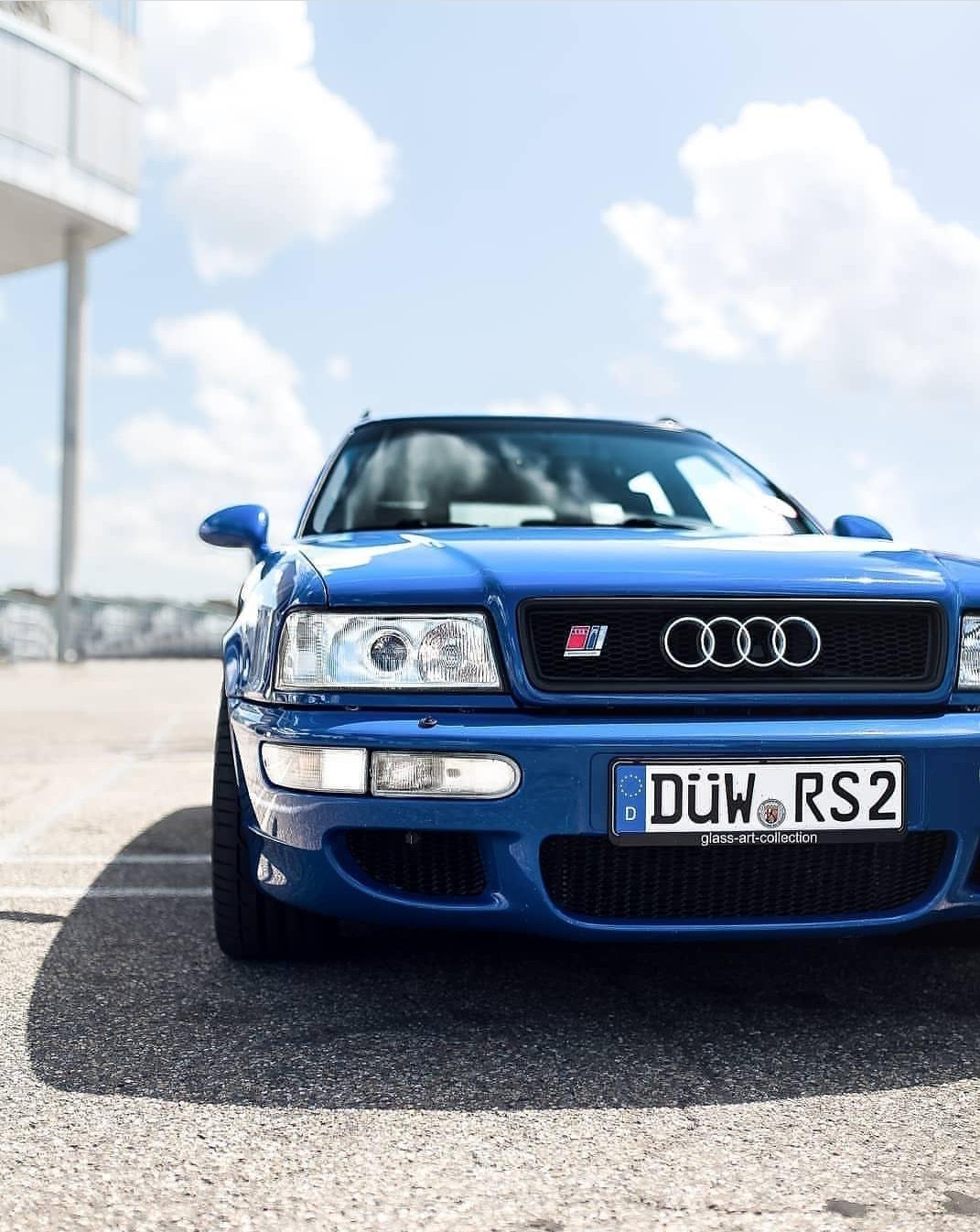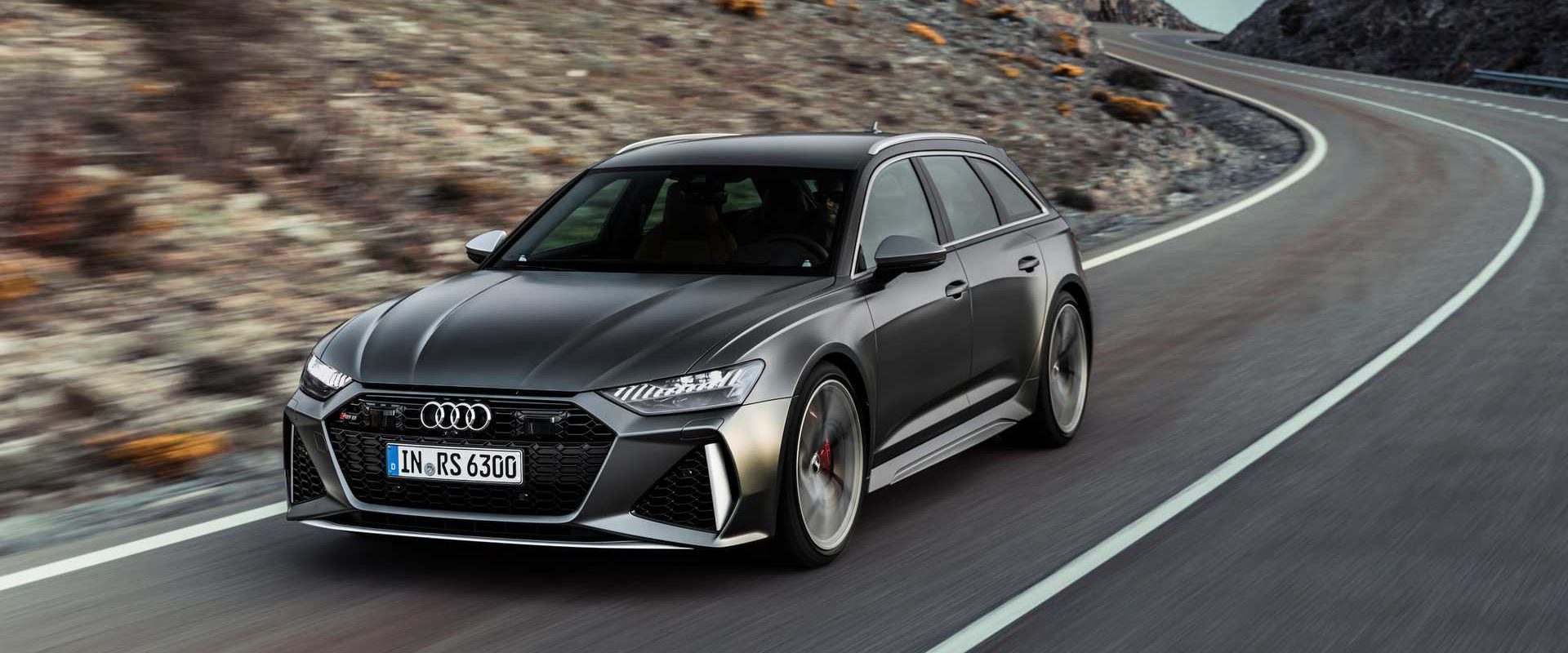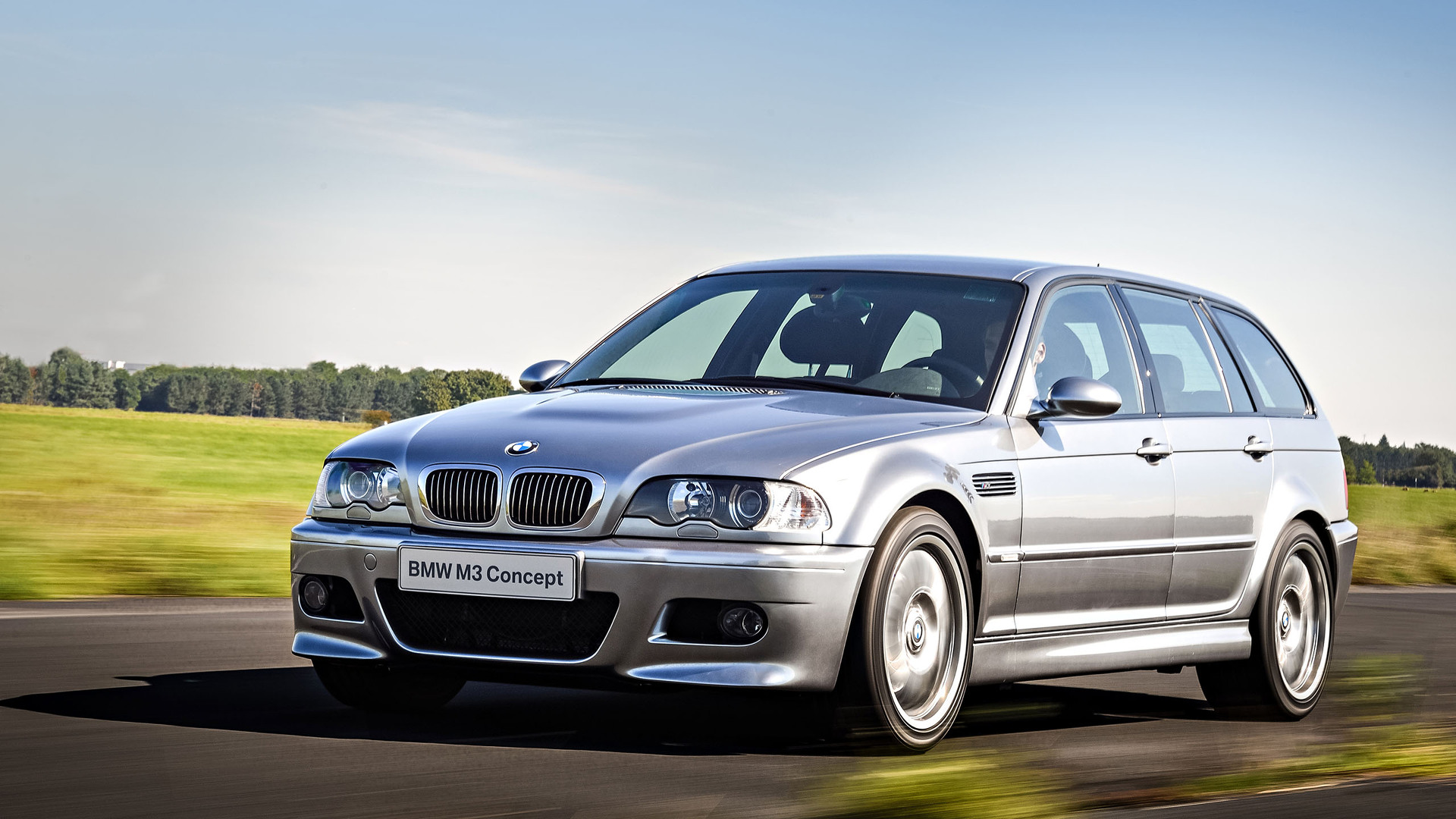Unless you’ve been living under a rock you might have noticed that our roads have been invaded by compact crossover SUVs. Whatever your opinions of them are (and I know you lot have plenty), they have mostly displaced the estate body style. But it seems the estates aren’t going out without a fight.
Note from the author: Depending on where you’re from you may also know estates as station-wagons or shooting brakes. For the sake of this article, I’m going to refer to them as estates (because I’m from the country where our people will believe anything if you write it on the side of a bus).
If you were to ask a general member of the public about their perception of estates, they will most likely surmise that estates are boring, uninspired grocery-getters that you only drive if you’re a parent and really need the extra space. Not very alluring then? On the other hand, if you ask a car enthusiast, the chances are that they’ll harp on about estates with starry eyes.
Car enthusiasts are naturally drawn toward rare cars and estates are getting rarer by the day thanks to the market being flooded by SUVs. But I have a feeling that this isn’t the only reason. Even rarer still are the super estates that that seems to have been mostly forgotten unless you were paying attention to them.
Such examples include the V8 powered Mercedes E63 AMG and the discontinued BMW E61 M5 Touring with its screaming V10. The king of the super estates has always been Audi and its line-up of RS Avant cars. These were kickstarted by a collaboration with Porsche on the RS2 Avant which, of course, was a limited run.

These cars weren’t just fast for estates. They were supercar killers. And, by the looks of things, they’re going to come back in a big way.
The size of the US market, its hostility towards estates and favour of SUVs is what has driven the decline of this form factor globally. So, it’s a wonder that Audi has announced that they’re going sell the new RS6 Avant in the US for the very first time. It doesn’t seem to make much business sense, but I can only speculate that Audi is betting that the US will soon suffer from SUV fatigue (we can only hope).
Besides, there are compelling reasons to prefer an estate over an SUV. Estates can have the seating and luggage capacity of an SUV while having a much lower centre of gravity (COG). This isn’t just a feature for great handling sports cars as low COG drastically reduces the chances of a roll-over. Great handling is just a bonus in this case. Roads get busier and not much bigger, parking spaces are fewer and far between and the ones available are a hassle to park in with a bloated SUV. Estates alleviate those issues by being much smaller.
BMW have outright stopped manufacturing performance estates. The M division boss, Markus Flasch, claims that that the global demand for super touring estates isn’t there but Alpina clearly didn’t get the memo. At the Frankfurt motor show this year, they showed off the gorgeous new B3 Biturbo Touring which is expected to be on par with the unannounced M3.
With these against-the-grain announcements of new super-estates and the #makewagonsgreatagain movement on Instagram, there is hope that the humble wagon won’t become extinct. But is it enough? Let us know if estates will catch on again and what your favourite super-estates are in the comments below.










